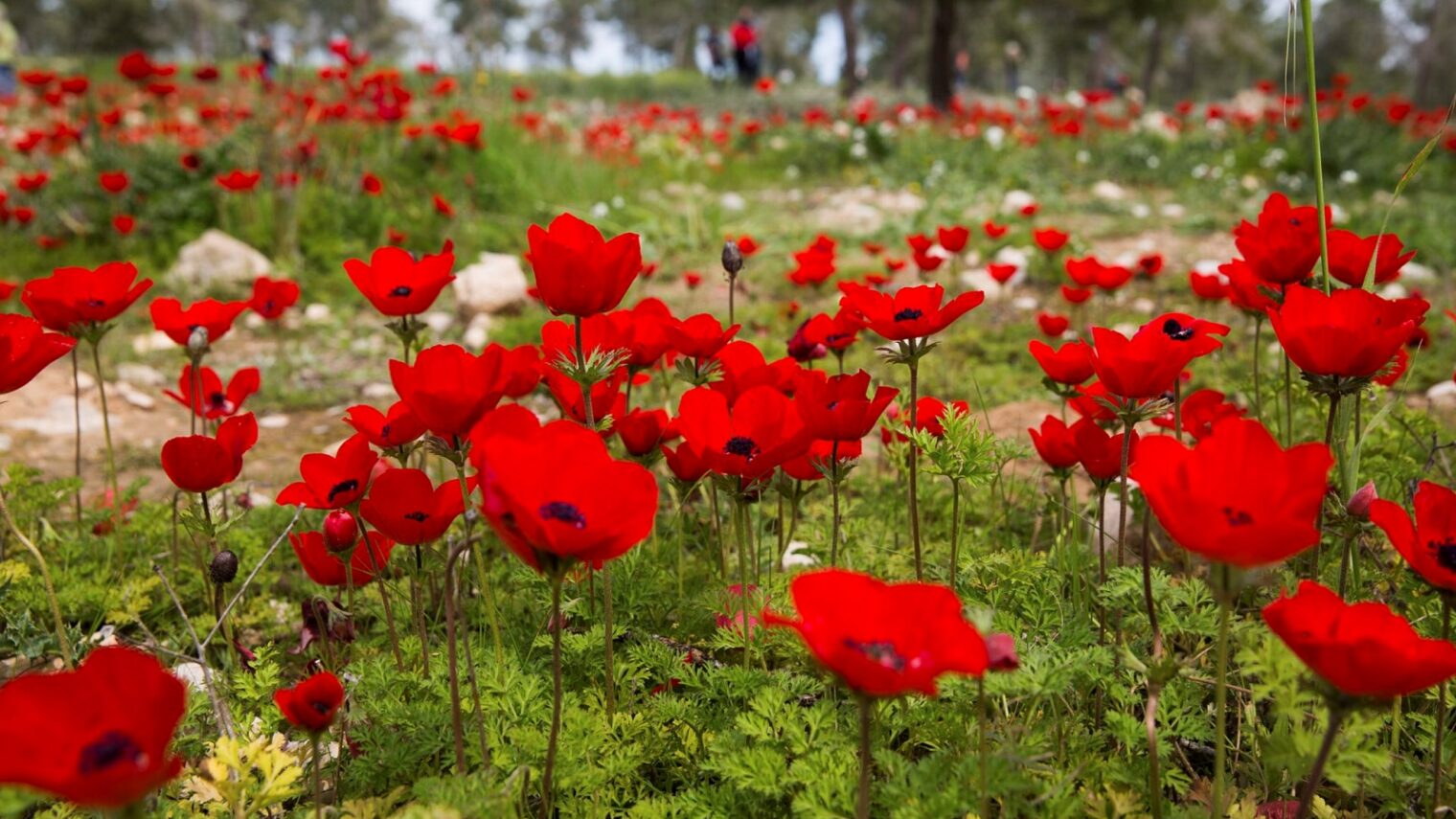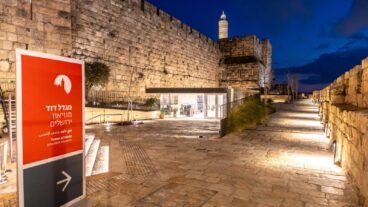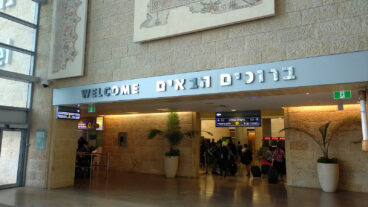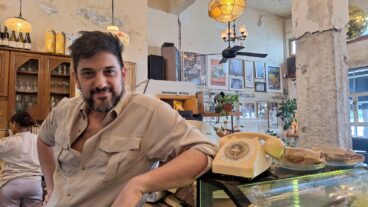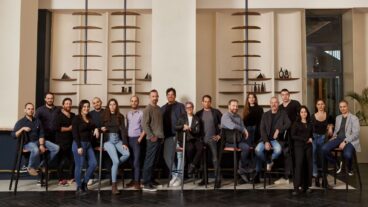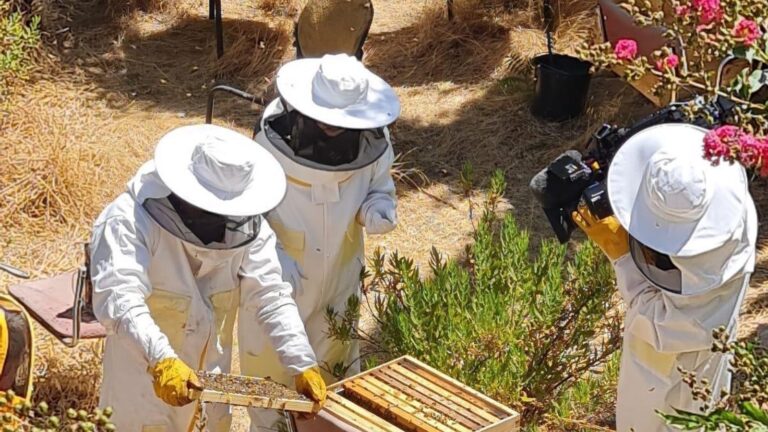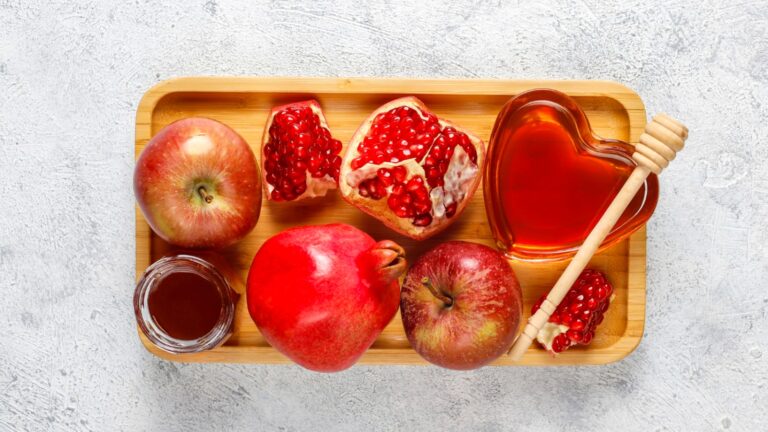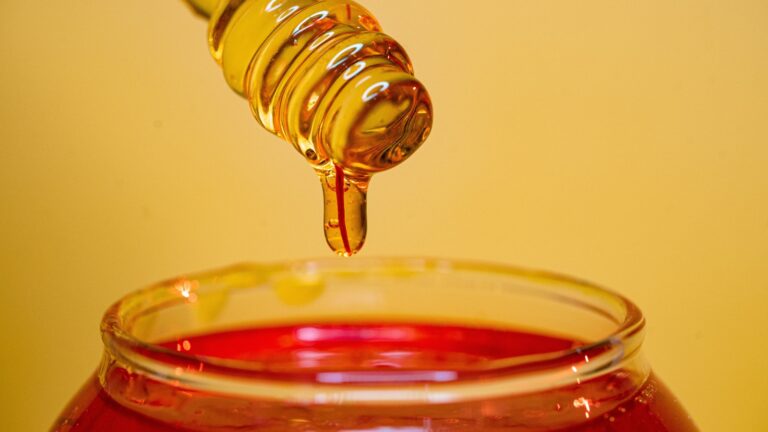Israel’s South usually brings to mind images of desert sand and an empty horizon. Luckily, the region is actually teeming with natural beauty, vibrant communities and, at this time of year, much-anticipated blooming anemones.
This is exactly what the annual Darom Adom (Red South) festival seeks to highlight.
Now in its 14th year, the February festival celebrates all the northern Negev region has to offer, from the beautiful red blossoms to outdoor activities, natural gems and even food markets.
Here are our top picks for the festival, which kicks off on January 31 for five consecutive weekends through March 2, 2019.
Anemone spotting at Vermeulen lookout point
At the center of the festival is the anemone season. At any given lookout point, the bright red flowers carpet the ground as far as the eye can see.
One great place to spot anemones is the Vermeulen lookout point, located near Sa’ad Junction.
It’s named after Jonatan Vermeulen, a Dutch Christian boy who came to live in Israel with his family in the 1970s and later joined the Israeli army. In 2000, he was killed while detonating an explosive device near the Gaza border. A photo of four-year-old Jonatan planting a tree served as a KKL-JNF Tu B’Shvat poster for years, so it was only fitting that such a natural beauty spot be named in his honor.
A wheelchair-accessible wooden deck runs through the lookout point, enabling all visitors to enjoy the red blossoms in comfort. The view is beautiful and serene, full of anemones, eucalyptus trees and nearby banana plantations.
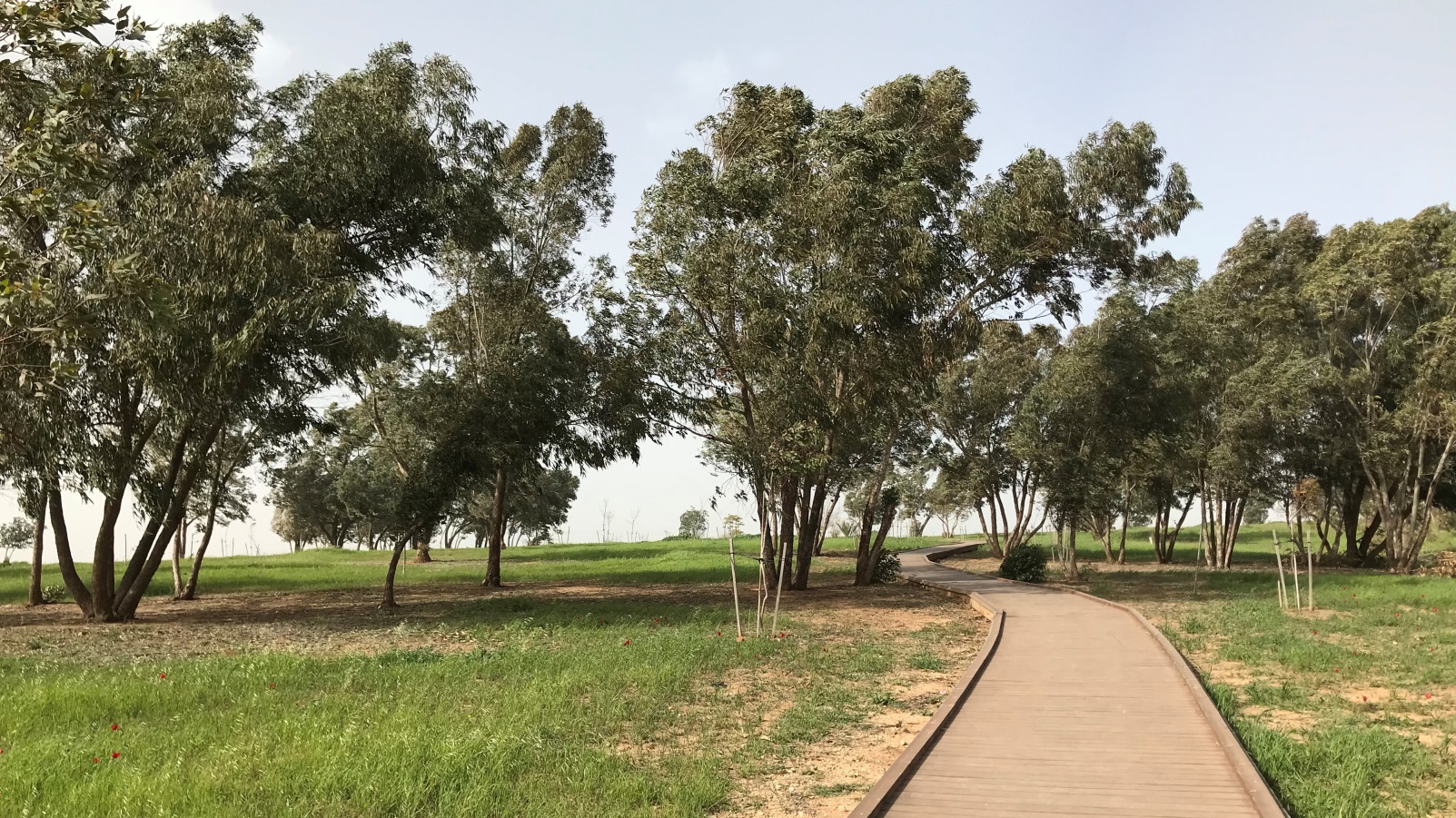
The anemones were just beginning to blossom when ISRAEL21c visited in January, but will be out in full show by the time the festival begins.
The many devastating fires that occurred in the region due to incendiary kites and balloons launched from the Gaza Strip over the summer may actually have benefited this winter’s bloom.
“The fires took down many weeds and thorns in the area, allowing more anemones to rise and blossom,” explains tour guide Jack Doron Peleg. “Nature knows how to rehabilitate itself, and in fact quite quickly after the fires plants that haven’t come out in a long while because of the load on the area began showing. Now every area that was black is covered in green.”
Strawberry-picking at Farm 77
Another great nature-inspired activity taking place at the Darom Adom festival this year is strawberry picking at Farm 77 in Moshav Tekuma.
Visitors each receive a small box before picking their own delicious fruit from a stunning hanging-strawberries greenhouse.
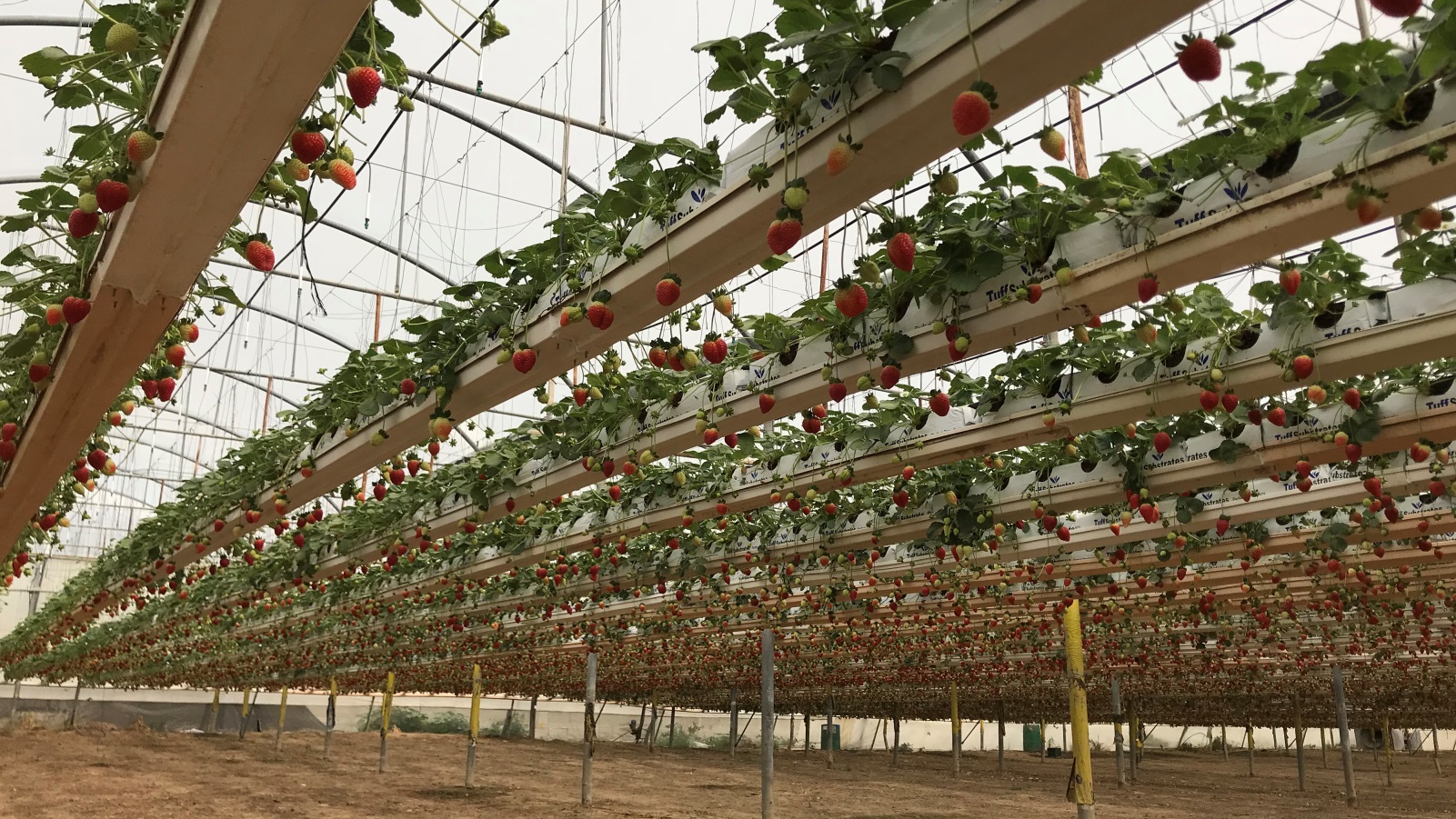
“Hanging strawberries allows the plant relative protection from all the on-the-ground diseases it’s exposed to in flat growth. This enables us to minimize chemical treatments and produce a much cleaner product,” says Ram Guita from Farm 77.
Other attractions at Farm 77 include a guided tour of a pineapple greenhouse – a fascinating experience for all of us who have no idea how pineapples grow – and a ride on a vintage tractor.
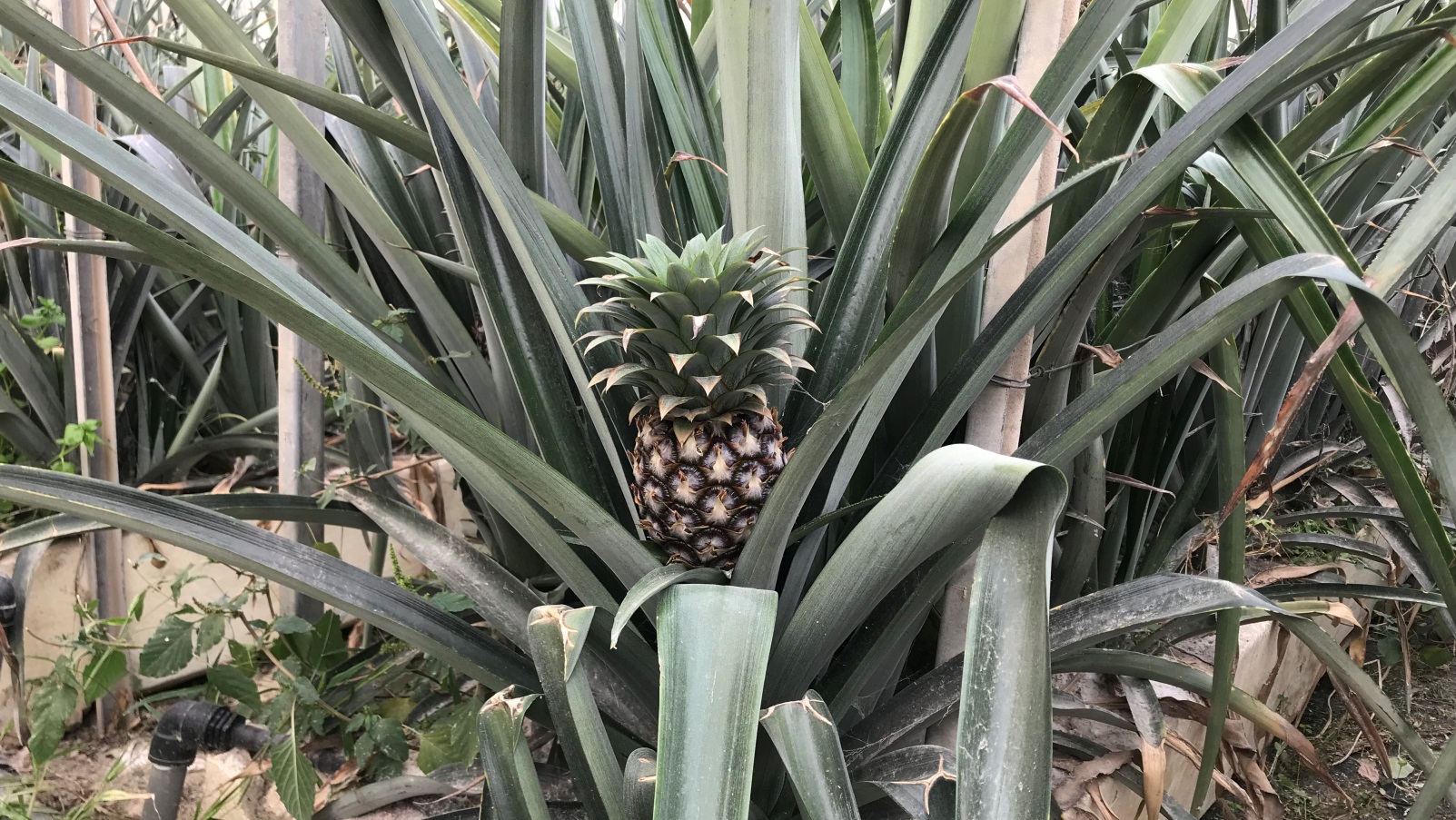
Visitors can purchase the produce (the avocados are particularly good!) and enjoy hot pita with labaneh and za’atar baked on site by women from neighboring Bedouin communities.
Farm 77 is open Friday 9-2. ₪25 for strawberry picking; ₪50 for strawberry picking, tractor ride and light refreshments. Tickets: www.mesheq77.co.il (in Hebrew). For more details, phone +972 (0)77-729-5896 or +972 (0)8-993-4237. Kosher.
Craft time at Tutsi’s Yard
Tutsi’s Yard in Moshav Maslul is absolute craft heaven. Handmade wooden furniture and decorations adorn the beautiful courtyard that houses a boutique carpentry, workshop spaces and a small gallery, all lovingly created by husband-and-wife team Tova Tchaikovsky (Tutsi) and Daniel Moreno.
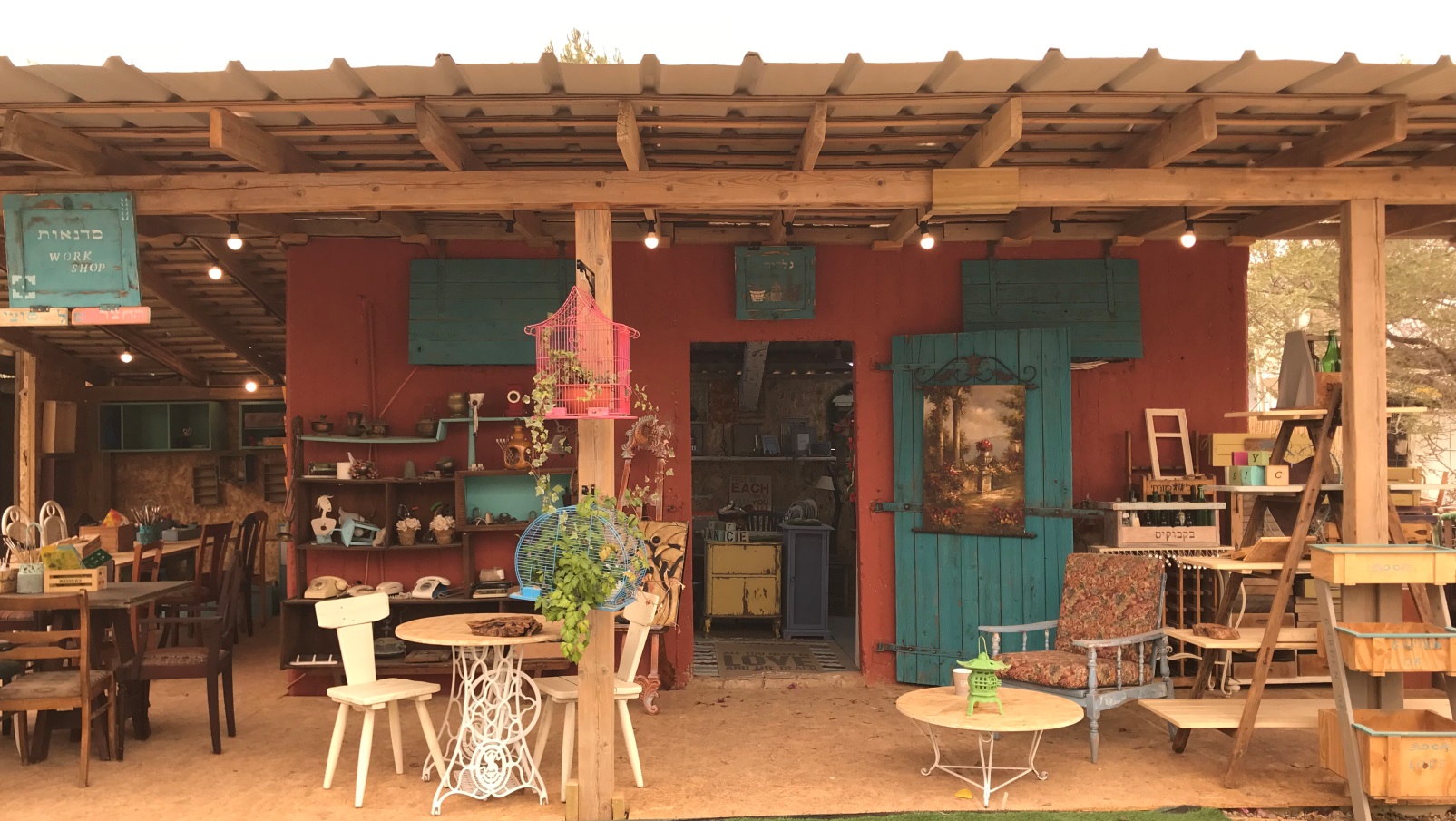
Guests may participate in workshops for all ages (available in English) where they can decorate wooden signs or build spice racks. The workshops take place in the courtyard between the fruit trees, flowers and vintage ornaments decorating the place. The welcoming atmosphere offers a perfect opportunity to meet some of the people living and creating in the South.
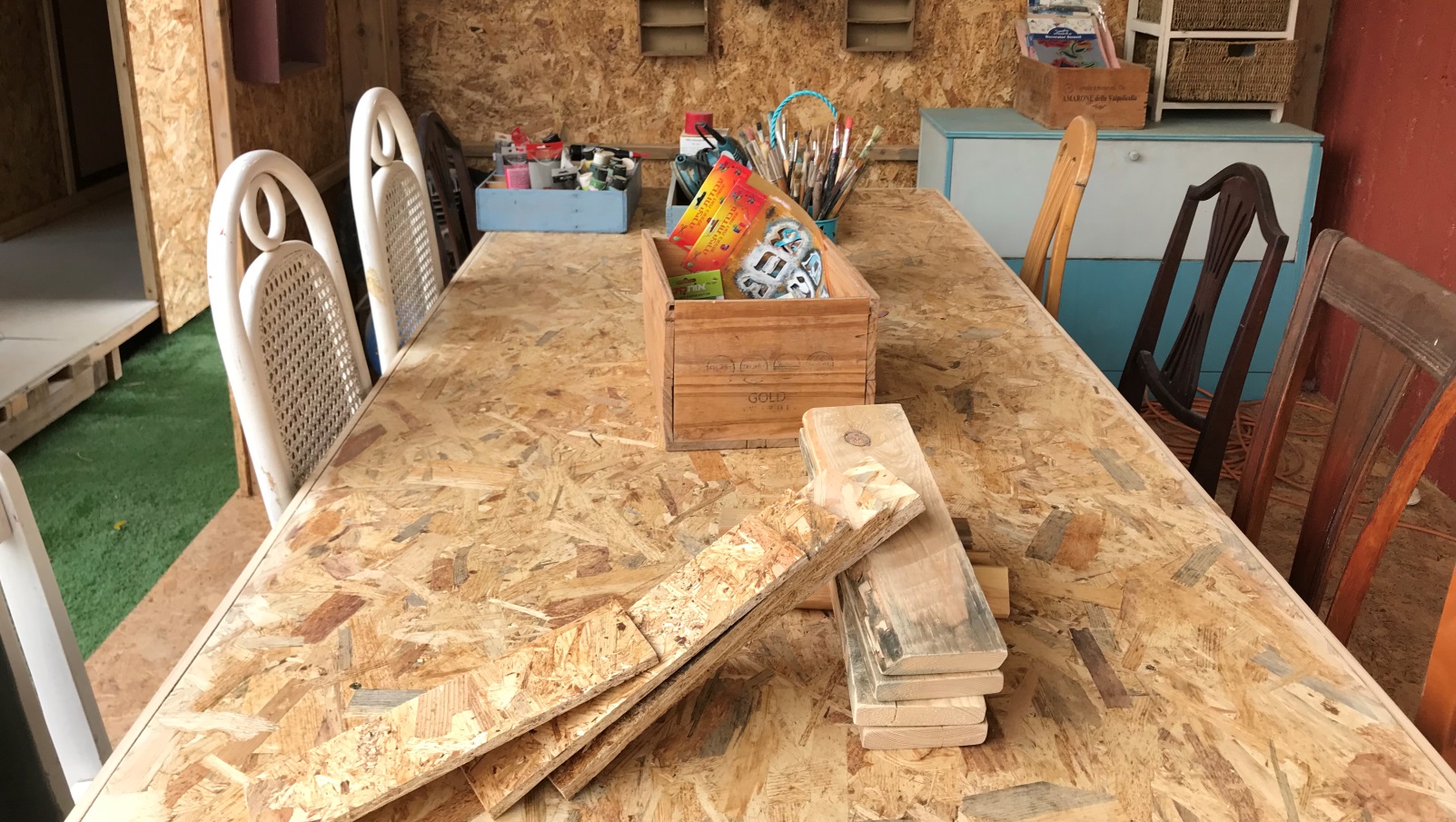
Tutsi’s Yard is open Tuesday and Friday 10-2, Saturday 9-5. For details and to book a workshop, call +972 (0)77-729-5878 or +972 (0)50-213-1358.
A sweet kibbutz experience at Yad Mordechai
Kibbutz Yad Mordechai is synonymous in Israel with honey. Visitors get a family-friendly taste of a day in the life of a beekeeper and discover the inside workings of a beehive before making their own beeswax candle and tasting honey in the kibbutz’s honey house.
Another activity is a tractor tour around the kibbutz’s cowsheds, packing house and the battlefield where the kibbutzniks fought the Egyptian army during Israel’s 1948 War of Independence.
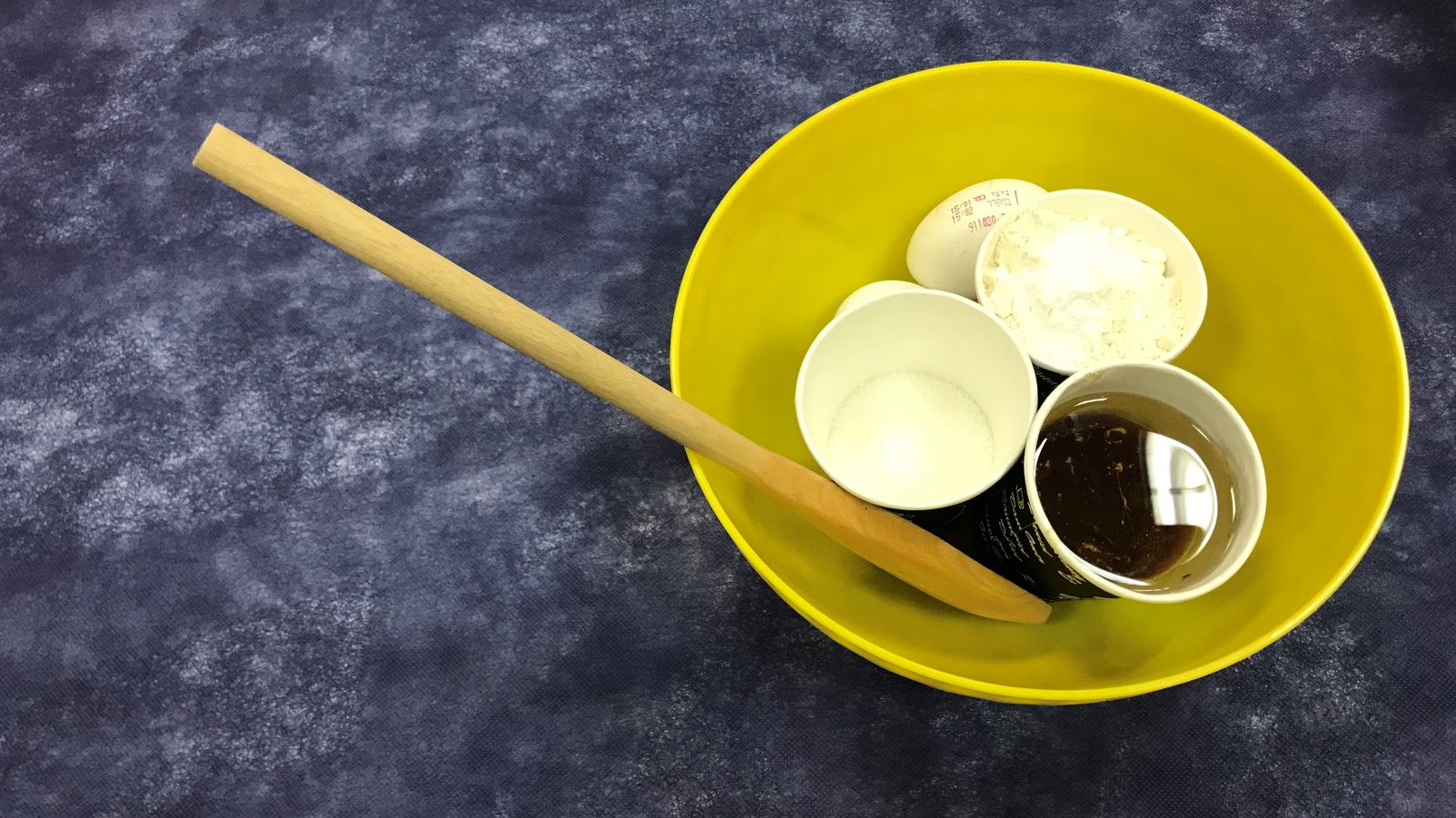
Those wanting an extra-sweet memento of their visit can participate in a honey cake-making workshop. All the ingredients are laid out, and visitors only have to combine them before pouring them into the tin. Some 30 minutes later, delicious-smelling golden honey cakes emerge from the oven to take home.
Yad Mordechai tours run on Friday at noon and Saturday 9-4. A combined ticket for the honey house, tractor ride and battle reenactment costs ₪55 for children and ₪50 for adults. Honey cake workshop ₪25. Workshop and tours available in English by prior arrangement. For more details, call +972 (0)77-729-5734 or +972 (0)8-672-0559.
Flour mill at Kochav Michael
What could be more Israeli than a former packing house being turned into a boutique flour mill by an ex-army guy? This is the story behind Kemah Haaretz (“flour of the land”), the small picturesque flour mill operating in Moshav Kochav Michael.
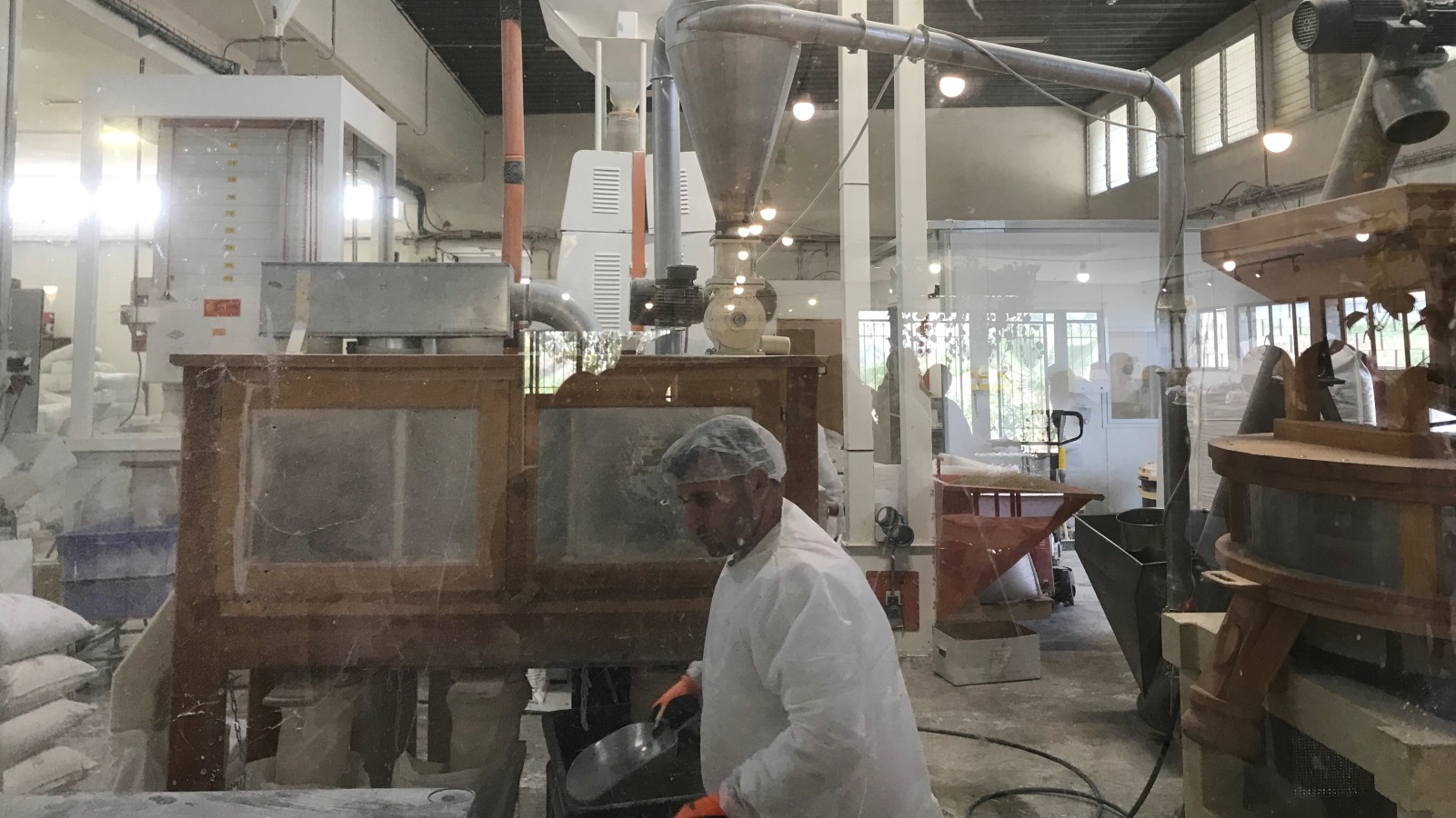
The place mills all types of flour (even ancient grains like emmer and kamut and superfood grain teff) and offers workshops and fun days for groups of all sizes.
Darom Adom visitors will enjoy a guided tour of the mill, full of explanations about millstones, grains and different flours, fun and interactive baking demonstrations and the opportunity to purchase flours produced onsite and delicious breads baked for the occasion.
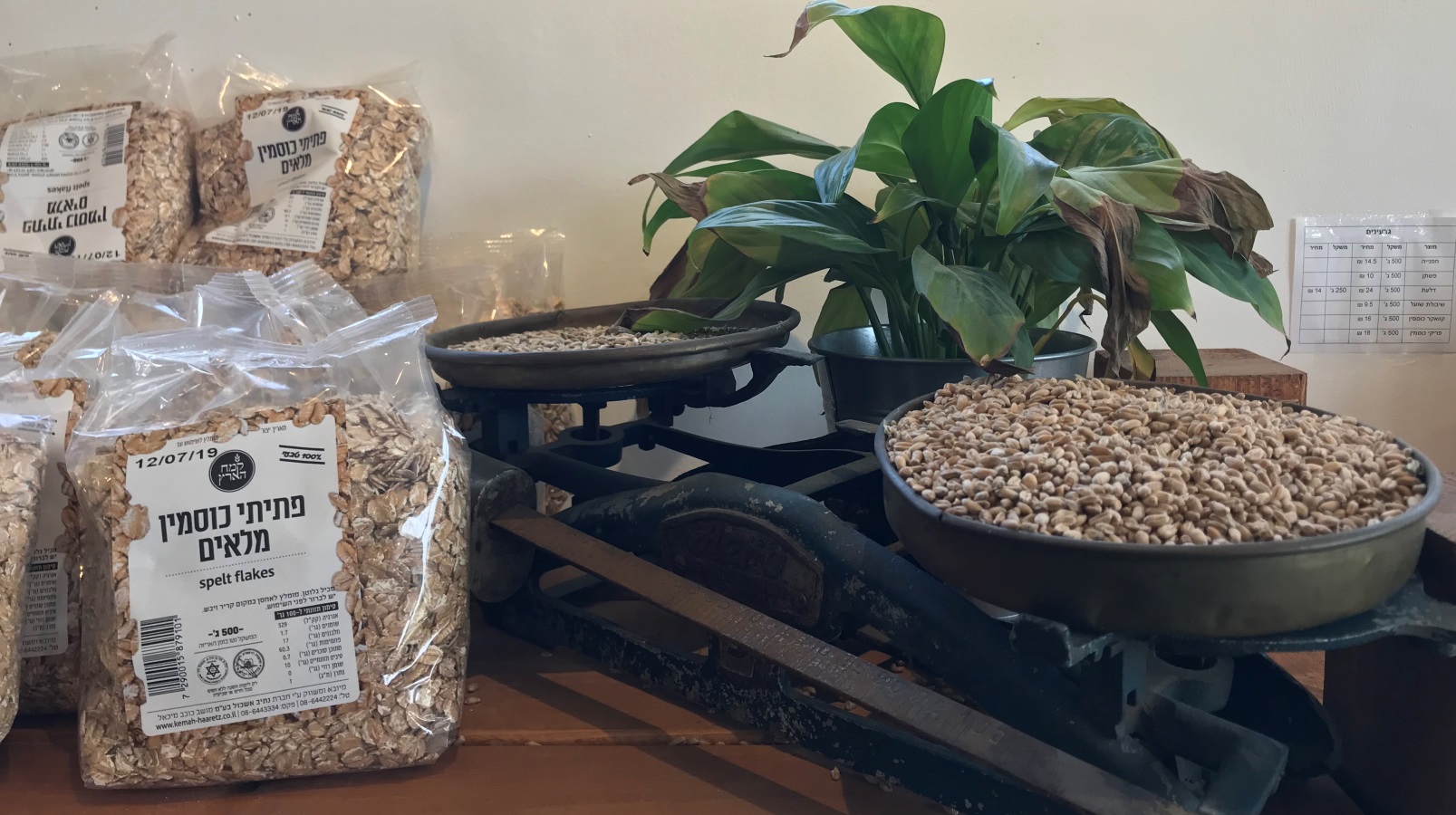
All year, the mill offers workshops for all ages and group sizes, where guests can bake challahs, sourdough breads and even cinnamon rolls. The mill also hosts work and family events, where guests can enjoy elaborate breakfasts in a stylish setting.
Kochav Michael flour mill is open Fridays 9-1. For more details call +972 (0)77-729-5796 or +972 (0)8-644-2224. Darom Adom demonstrations are free of charge; book ahead for English-language tours and workshops. Kosher.
Grab a bite at Green Pub
All this festival-touring can sure work up an appetite. A great place to grab a bite while exploring the area is the Green Pub at Kibbutz Nir Am.
The eco-friendly resto-bar offers the usual pub grub (think burgers, fries and pizzas) accompanied by a glass of beer, alongside some healthier salad options in a fun and relaxed atmosphere. It’s a worthwhile stop before heading back home.
Green Pub is open Tuesday-Friday from 7pm, Saturday from noon. For more details, call +972 (0)77-729-5734. Not kosher.
For more information about Darom Adom, click here




